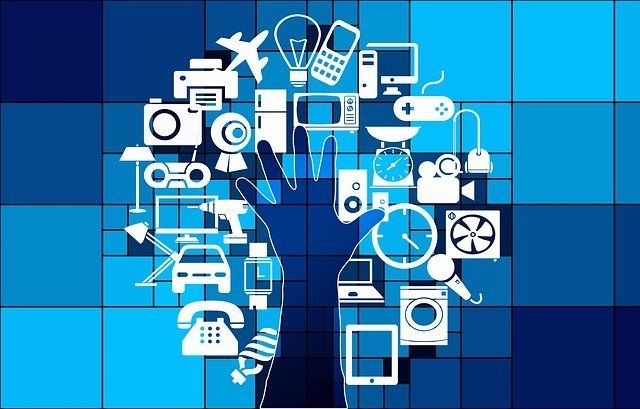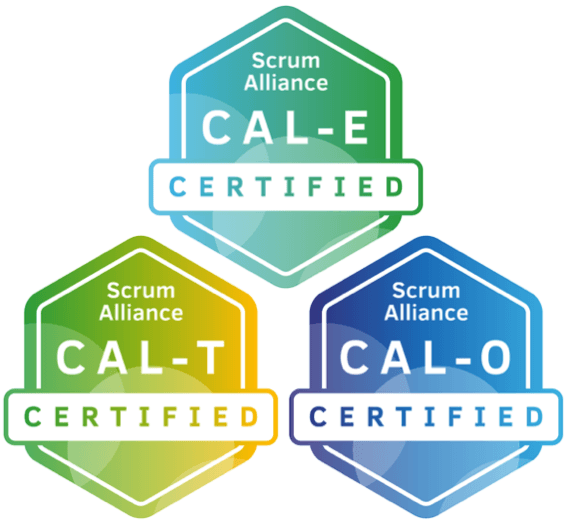Future Proof: The Internet of Things (IoT)
Automation. Everywhere.
The term, Internet of Things, was initially utilized as a term in 1999 by Kevin Ashton, a British innovation pioneer then acting as Assistant Brand Manager at Proctor and Gamble. He got to be distinctly inspired by utilizing RFID to oversee P and G's store network, and this work in this way drove him to MIT and further research.
The meaning of IoT has developed from the time it was initially utilized and has likewise extended past the utilization of RFID. Today, IoT suggests a world where physical articles are consistently coordinated into the network of information, and where the physical items can get to be distinctly dynamic members in regular day to day existence, health services, business forms etc. IoT advocates believe there is a future of an IoT society where the genuine physical world, the advanced world and the virtual Cyberworld will be coordinated.
Business Intelligence
SRI Consulting Business Intelligence sees the advancement of IoT in waves. The main wave began with the utilization of RFID labels to encourage directing, reviewing and prevention of loss; all as supply network aides. In the second wave, we are taking a gander at Vertical-Market applications e.g. observation, security, health services, transport, food supply and archive administration. The third wave, towards which we are moving, is about omnipresent situating e.g. finding individuals and regular items. The following wave, which is relied upon to develop in about ten years, will be the formation of a physical world web e.g. tele-operation, capacity to oversee, manage and control distant items.
Despite what we think about the future, more objects are being put on the Internet of Things. It is only advisable we get used to it as this is the future of our new world.
Associated with the Internet of things, coolers and clothes washers have elements of ordering online, which acknowledge e-business. Clients can order items through the internet associated with the machines without going out, and can likewise set the quantity of nourishment on the cooler so it will order naturally if the quantity of food sustenance is not exactly the number that has been set. Additionally, the material of clothes will be understood by your machine to set washing process including when to put detergents and how much will be put. Besides, water and power charge will likewise be paid by the smart clothes washer. You will have the capacity to open the cooling system unit just to utilize your cell phone to communicate something specific before you return. Also, 3G cellphone will be utilized to direct the condition of your home. Along these lines, a house that incorporates elements of noise, alarm, video, control and location won't be a fantasy for you.
No Stress
Indeed, it is not stressful for it to be put into practice. Association between articles can be accomplished by just including a few chips and frameworks and to include the Internet terminal. The serious thought to ponder is the association of system and data sharing. Just to have a collaboration with the media transmission companies, will the publishing business have a bigger market.
If you’re not utilizing technology to your advantage at this time voolama can help. We believe we can show you the benefit and advantages of implementing a connected company. Contact us for more information +1 901 401 FLOW (3569) or email dean.brown@voolama.co
These views are those of Dean Brown in his capacity as Founder and CEO of voolama LLC. These views do not represent those of any company that I am employed or affiliated with either at this time or in the past.
Want More Information?
Get in touch, we would love to spend some time talking about your needs and showing how voolama can provide value.
Contact Us









